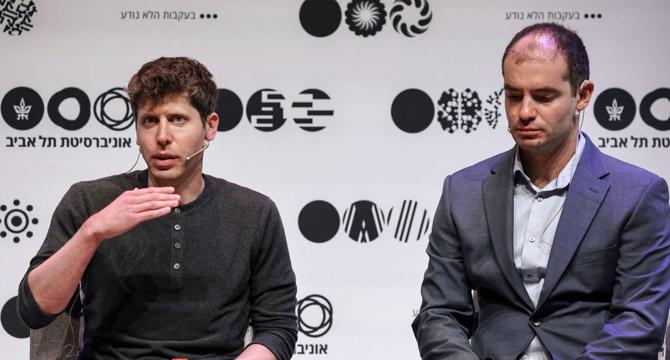Insider
1M
250

Image Credit: Insider
Those bold AGI predictions are suddenly looking stretched
- There has been a slew of recent news reports and developments that make predictions about AGI look misguided. The central assumption behind AI industry hype and hope is that adding more data, computing power, and training time will produce better AI models at a steady rate. However, there have been multiple signs that this method has slowed down and gains from it are decreasing. OpenAI cofounder Ilya Sutskever told Reuters that results from scaling up AI models have plateaued. A new iteration of Google's Gemini is not living up to internal expectations.
- Venture capitalists Marc Andreessen and Ben Horowitz are bullish techno-optimists who regularly make their own bold predictions. However, this time they are dubious about the ability of AI companies to continue improving models at the same rate as in recent years, stating that they are hitting the same ceiling on capability. Horowitz noted several factors that are holding back AI model improvements, including a lack of new high-quality human data and problems sourcing the extra energy needed to power AI data centres.
- If the tried-and-true method for improving AI models is no longer working, it is unlikely that we will achieve AGI anytime soon. This is cause for concern given the trillions of dollars being invested in AI. OpenAI CEO Sam Altman recently tweeted 'there is no wall', a likely response to signs suggesting a slowdown in AI model improvements. Being so bullish on AGI predictions may also be an effective rallying cry for hard-working OpenAI employees, as can be seen by Elon Musk's predictions. Tech trends don't last forever, and Moore's Law is probably the best example of such. After years of steady progress, Intel's shares slumped by around 50% when the realization dawned that the promise of Moore's Law had become impossible.
Read Full Article
15 Likes
For uninterrupted reading, download the app